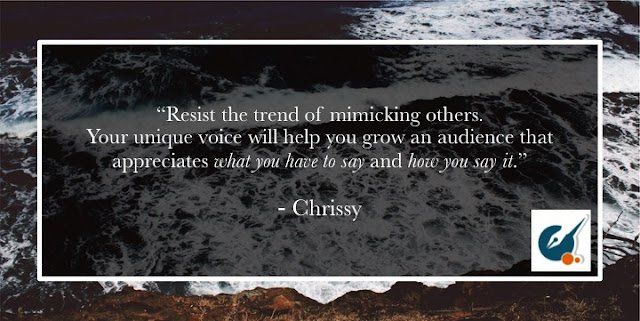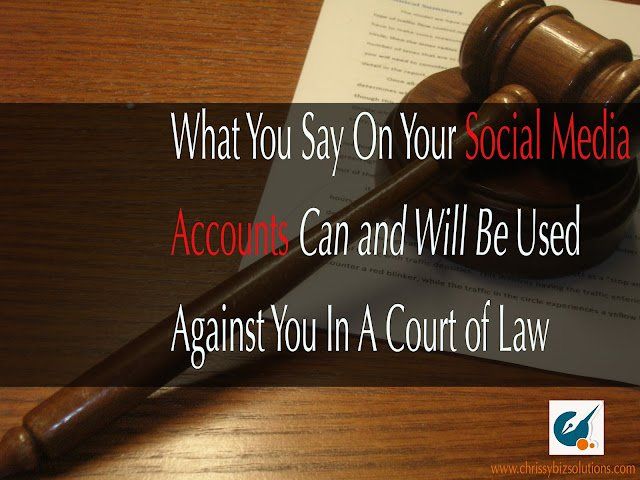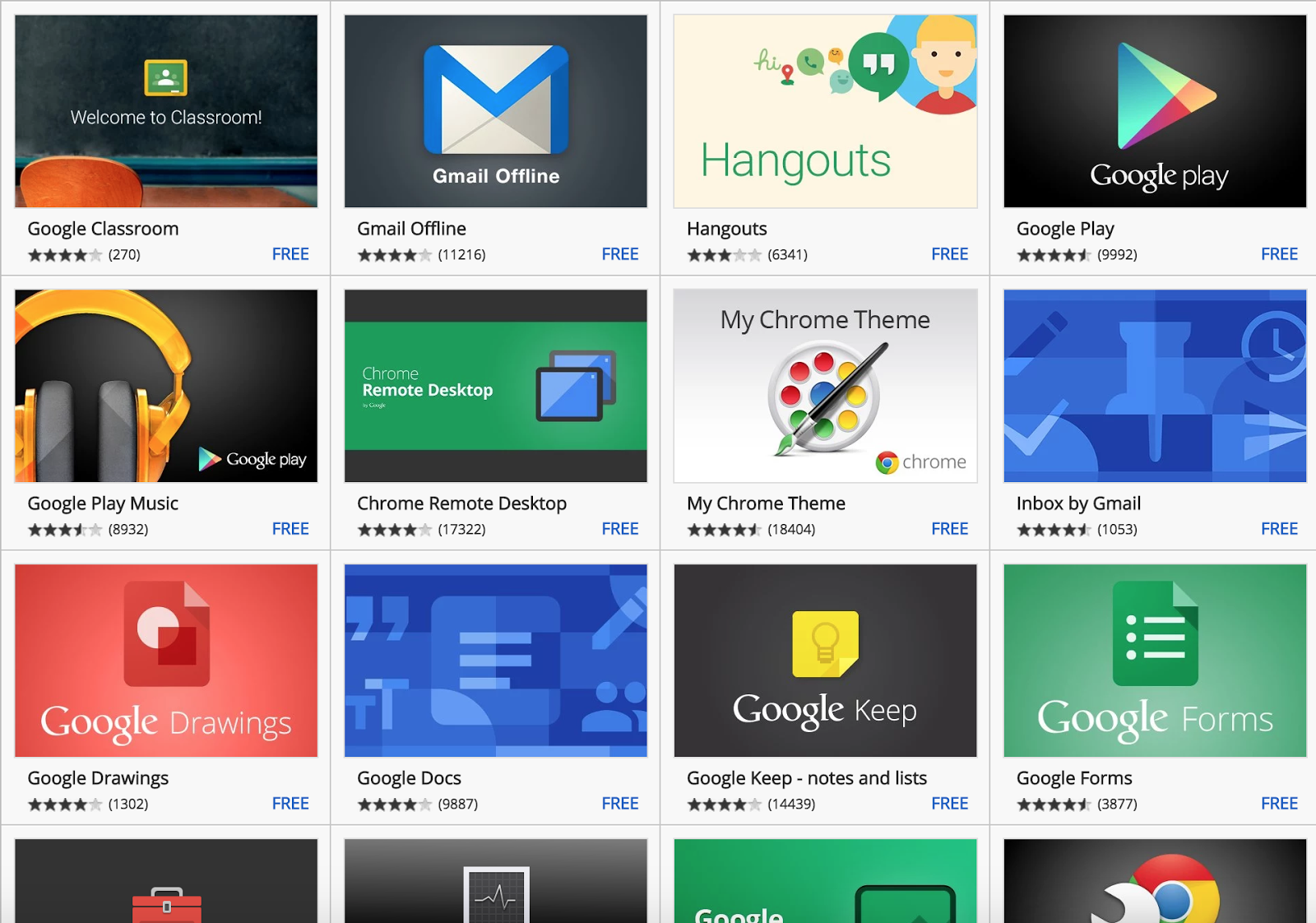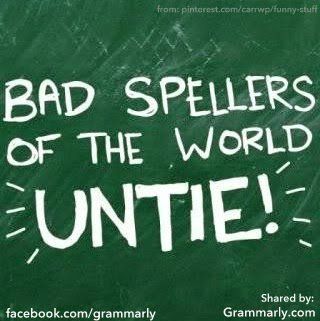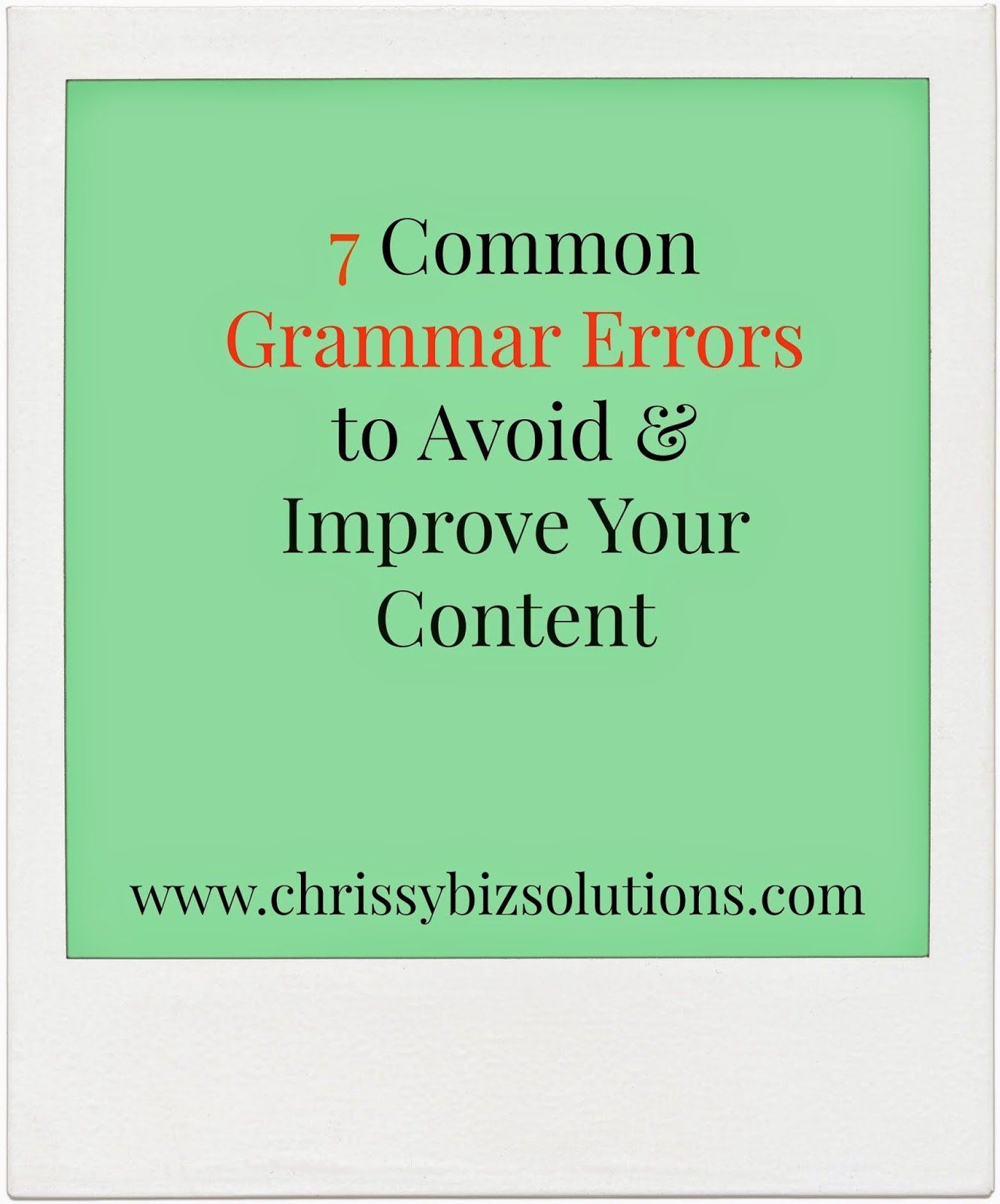It is Monday! Time to get back to work...
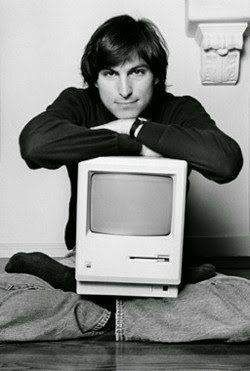
I am a fan of all technology.But I am mostly inspired by Mr. Steve Jobs (1955-2011).Though his products have revolutionized the entire world, it is what he accomplished and how he persevered that is most inspiring to me.Who got fired from their own company? Steve Jobs.Who went back with an even better idea than before? Steve Jobs.Who continued to push forward with his idea AFTER it was mocked and labeled 'impossible?'Who pushed on even after seeing Bill Gates' make his first billion in the same industry he was in? Steve Jobs.And, who can we credit for the iPhone, iPad, MacBook, and all things Apple? That's right - Steve Jobs.Of course, he had a team, supporters, and people to push him into what he was destined to do. I do not discount their role in anyway!But, ultimately when there were no fans and no support, he continued on.I find it rather ironic that His name was Jobs and his products and genius have created many jobs. January 24, 1984 - 21 years ago today - Steve Jobs' company Apple launched their first Macintosh computer at the annual shareholders' meeting. And the rest is well, history.
Have you ever read something so clever and interesting that you wanted to "share" it via your social networks or email list, only to find you cannot because of the grammatical errors. It may not be that you particularly spell so perfectly but if you noticed the error, so will others.
It happens to everyone, even the grammar police.
Unfortunately, such mistakes can really make readers questions credibility or source of information (you).
No matter how you have been writing or if you just want to begin, here is a handly list of some of the most common grammar mistakes and how to correct them. This is based on American English and given the evolution of language can likely change at any time - just kidding.
No matter how you have been writing or if you just want to begin, here is a handly list of some of the most common grammar mistakes and how to correct them. This is based on American English and given the evolution of language can likely change at any time - just kidding.
Avoid another grammar mistake, use this list as a reminder:
1. A and An - This mistake is not as common as some but still requires attention. The blanket rule is to use A before all letters beginning with consonants (non vowel letters). But of course, there are exceptions:
1. A and An - This mistake is not as common as some but still requires attention. The blanket rule is to use A before all letters beginning with consonants (non vowel letters). But of course, there are exceptions:
- If the word starts with an "h" that is silent, like hour or herb, you still use an.
- If the word starts with "u" but sounds like the word "you," or the it starts with an "o" but sounds like the letter "w" - then you would use a.
- Example: I went to work, then I went to the grocery store.
"Than" is used to compare things, people, places, circumstances, etc. You would not use "than" to designate a point in time or sequence of events.
- Example: I would rather sprint than
run long distance.
I would rather sprint then run.
In this sentence, a comparison is made about sprinting and running long distance. If you write: I would rather sprint then run, what you are saying is that you would like to sprint before you run.
3. There, Their, and They're
- This is a grammar nazi's menace. For some reason, this is the most common mixup among bloggers, writers, and many others. I find it easy to remember them based on he following formula:
- There - an actual place or location. Never appropriate to use in reference to a person.
- Example: That looks like a great picnic spot over there .
- Their - speaking of a person or more than one person, depending on the context.
- Example: Their
business is so customer-friendly.
That is a great price their! - They're - This is actually two words: they are; that can be remembered if you remove the apostrophe and write it as: they are . Makes it easier to see you are speaking of people, not places, and its also plural (more than one).
- Example: They're
such a beautiful couple!
There such a beautiful couple! Their such a cute couple.
- Your
- Is that your
car?
Is that you're car? - You're
- You're
so cheerful in the morning.
Your so calm during stressful situations.
5. Whether and Weather
- I am not sure why this one is so confusing but hopefully, the examples below can help you develop a way to easily know when to use them.
- Whether - This word is used when dealing with choices.
- I don't know whether
to stay home until the rain stops or take a chance getting wet.
I don't know weather to stay or go. - Weather - This is the actual weather, the forecast, you know, hot, sunny, or cold.
- There's always hot weather
in Arizona!
I wish I knew weather to fly or drive for this trip.
6. Rather and Whether -
I have seen these words mixed up quite a bit as well, and truthfully because they both deal with choices, it's not so hard to understand. Saying what you write in this instance can help out.
- Rather - You use this word when you are leaning towards a choice, or making a preference regarding a choice.
- Example: I would rather
sprint than run long distance.
I don't know rather to laugh or cry. - Whether - This word is about choices, but does not state a preference. It is simply to distinguish between choices, not provide a preferance.
- Example: The choice is whether
to forgive or hold a grudge.
I would whether stay inside with all this rain today.
7. Pacific and Specific
- This is the easiet of all grammar mistakes to correct. I promise!
- Pacific - An Ocean on the west coast of the United States.
- Example: I had a wonderful time on the Pacific
Ocean cruiselast month.
I had a pacific idea of how I wanted it to look but it didn't turn out that way. - Specific - This is being very particular about something, leaving no room for interpretation.
- Example: I had a specific
date for the party but she wasn't available.
Are you cruising the specific ocean this time?
This is by no means an exhaustive guide, rather a short reference sheet you can use for common grammar errors.
What words would you add to this list?
